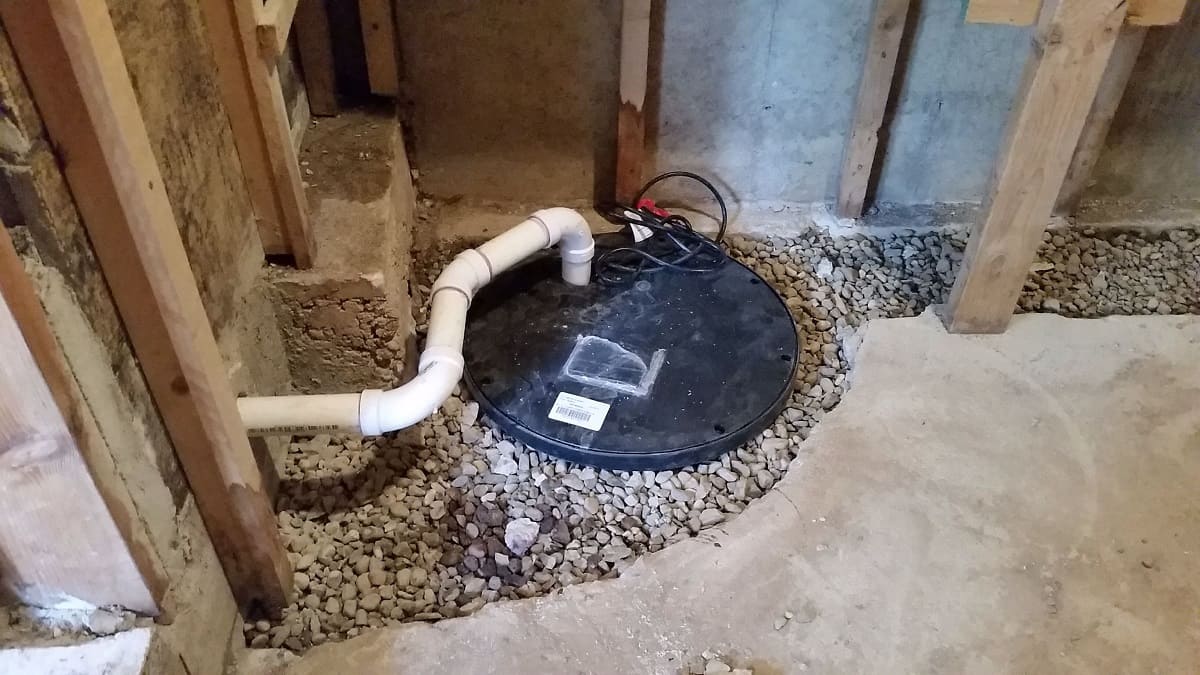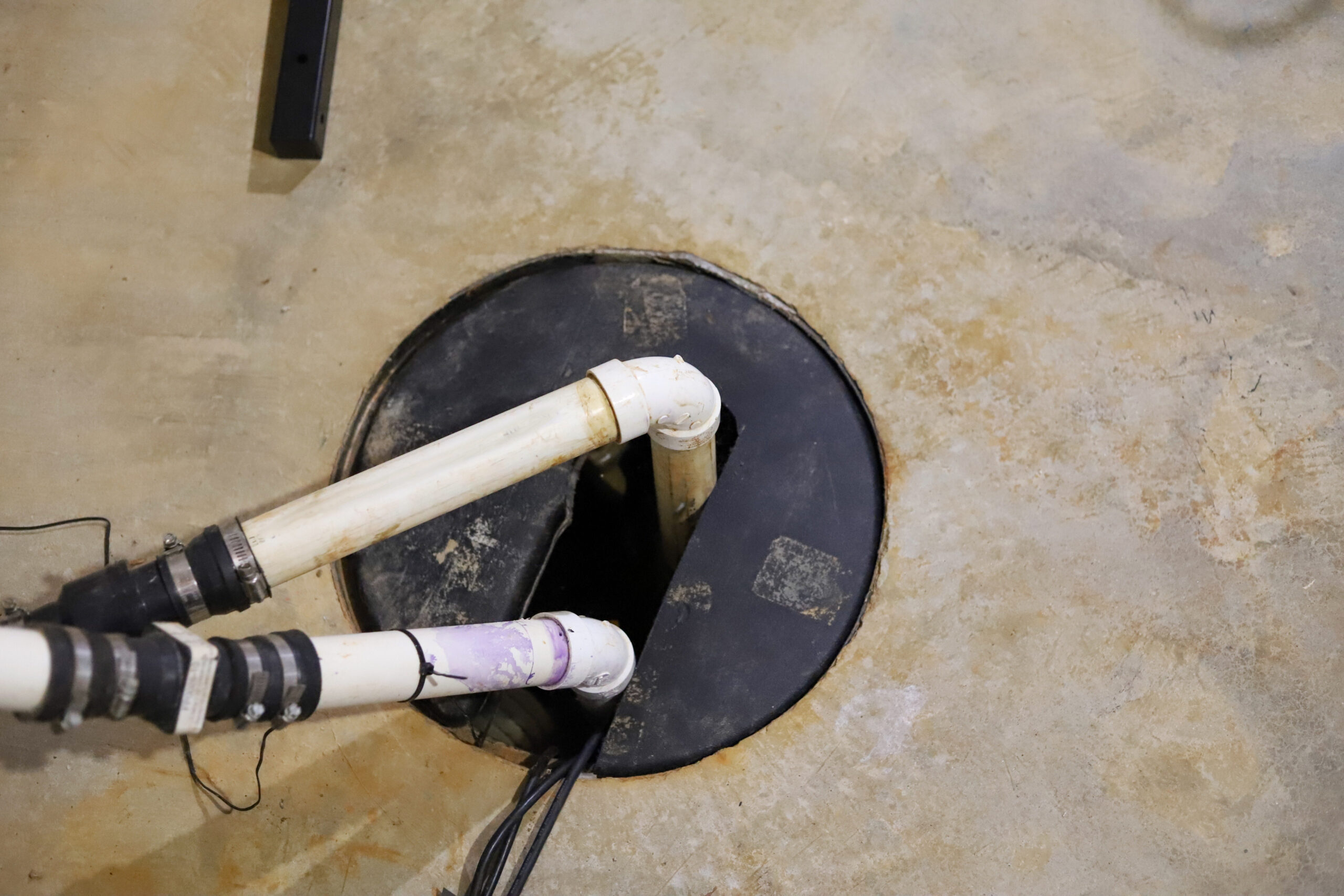Effortless Methods for Caring for a Sump Pump
Effortless Methods for Caring for a Sump Pump
Blog Article
What're your ideas on How to Care for Your Sump Pump?

Sump pumps are important parts in numerous homes, specifically in locations vulnerable to flooding or extreme dampness. They help avoid water damage by successfully removing excess water from basements or crawl spaces. Nonetheless, like any other device, sump pumps need normal upkeep to ensure they operate successfully when needed one of the most. Cleansing your sump pump is an essential part of its maintenance, and recognizing exactly how to do it effectively can save you from pricey repairs and potential catastrophes.
Intro
Keeping a tidy sump pump is crucial for its appropriate performance and longevity. Disregarding this crucial task can bring about clogs, malfunctions, and eventually, water damage to your building. Consequently, finding out just how to clean up a sump pump is important for house owners that depend on these devices to keep their cellars dry and secured.
Comprehending the Sump Pump
Prior to diving right into the cleaning procedure, it's vital to have a fundamental understanding of how a sump pump functions. Commonly set up in a pit or container listed below the basement floor, a sump pump contains numerous essential parts, consisting of a pump, a float button, and a discharge pipe. When water collects in the pit, the float switch activates the pump, which then pumps the water out through the discharge pipeline, away from the structure's foundation.
Indications of a Dirty Sump Pump
Knowing when your sump pump needs cleaning is vital for avoiding potential malfunctions. Some usual indicators that show a filthy sump pump include strange sounds during operation, reduced water circulation, and visible particles in the pit. If you discover any one of these signs and symptoms, it's vital to clean your sump pump promptly to prevent any kind of additional issues.
Getting ready for Cleaning
Before you begin cleaning your sump pump, it's necessary to take some safety and security preventative measures. Beginning by turning off the power to the pump to avoid any type of electric mishaps. Furthermore, wear proper safety gear, such as gloves and safety glasses, to safeguard yourself from dust, debris, and potential pathogens.
Step-by-step Overview to Cleaning Up a Sump Pump
Shutting down the Power
Begin by separating the power supply to the sump pump to prevent any crashes while cleaning.
Eliminating Debris and Dirt
Use a pail or a scoop to get rid of any type of noticeable particles, dust, or sediment from the sump pit. Dispose of the particles effectively to prevent it from obstructing the pump or the discharge pipe.
Cleaning the Pump and Drift Switch
Once the pit is free from particles, thoroughly remove the pump from the pit. Evaluate the pump and the float button for any kind of signs of damage or wear. Use a soft brush or cloth to clean the surface areas and get rid of any collected gunk.
Purging the System
After cleaning up the pump and float button, purge the sump pit with clean water to get rid of any type of remaining dust or debris. This will aid guarantee that the pump runs smoothly and successfully.
Checking for Correct Performance
Before reinstalling the pump, carry out a fast examination to guarantee that the float button activates the pump properly. Put some water right into the sump pit and observe the pump's procedure. If every little thing is functioning appropriately, you can reconstruct the pump and reconnect the power supply.
Maintenance Tips to Maintain Your Sump Pump Clean
Along with regular cleaning, there are numerous maintenance ideas you can comply with to maintain your sump pump in optimal problem:
Verdict
Cleaning your sump pump is an essential aspect of its maintenance and makes sure that it runs properly when you require it one of the most. By following the steps described in this guide and incorporating regular upkeep right into your regimen, you can prolong the life expectancy of your sump pump and secure your home from water damage.
6 STEPS ON HOW TO CLEAN A SUMP PUMP PROPERLY
UNDERSTANDING SUMP PUMPS
Your sump pump plays a crucial role in protecting your home by managing and removing excess water. It primarily functions as a “shield”, guarding your basement against the damaging effects of water accumulation. The pump is housed in a sump pit in the lowest part of your basement, and its job is to pump out any water that collects there.
During heavy rainfalls or when snow melts rapidly, water can infiltrate your basement, posing potential risks like flooding, structural damage, and harmful mold growth. Here, the sump pump springs into action, pumping out the intruding water and directing it away from your home.
SAFETY FIRST
Before cleaning, remember to prioritize safety. Disconnect the sump pump from the power source to prevent any accidental electric shocks. Also, wear sturdy gloves to protect your hands from any sharp or dirty components within the pump.
REMOVE THE SUMP PUMP
After ensuring your safety, the next step is to remove the sump pump from its pit. Doing this might require careful maneuvering as you don’t want to damage any pump components. Once removed, clean the sump pit to remove any accumulated debris or sludge.
INSPECT THE PUMP
Inspect the pump for any visible signs of wear or damage. Check the power cord, float switch, and impeller housing. If any components look worn out or damaged, consider replacing them to ensure optimal performance.
CLEAN THE PUMP
Thoroughly clean the pump with warm, soapy water. Make sure to rid it of any dirt, gravel, or other debris that might impede its performance. You can use a toothbrush to clean the small, hard-to-reach parts of the pump.
REINSTALL THE SUMP PUMP
Reinstall the pump into the sump pit Make sure it’s positioned correctly to remove the water effectively Once it’s back in place, reconnect it to the power source TEST THE PUMP
Finally, pour some water into the pit to ensure the pump works correctly. It should start automatically and begin pumping out the water; if it doesn’t, check the power source and the positioning of the pump.
Remember, while cleaning your sump pump is an essential part of home maintenance, hiring a professional plumber for a thorough inspection and cleaning at least once a year is also important. This will ensure that your pump is in optimal condition, ready to protect your home from potential water damage.
BEST PRACTICES FOR CLEANING SUMP PUMP DISCHARGE PIPES
Regular Inspection: Regularly inspect your discharge pipes, especially during heavy rainfall or snowmelt periods. Look for any signs of blockage or damage. Early detection of problems can prevent serious issues down the line. Periodic Cleaning: Over time, sediment and debris can accumulate in the discharge pipes, impeding the flow of water. Regular cleaning helps keep the pipes clear and functioning efficiently. You can use a high-pressure water jet to effectively clean the pipes. Insulation During Winter: In colder climates, discharge pipes can freeze, blocking the outflow of water. Protect your discharge pipes from freezing temperatures by insulating them with foam pipe insulation. This will ensure the sump pump can continue to discharge water even in freezing conditions. Proper Positioning: The discharge pipe should be positioned to direct water away from your home’s foundation. Improper positioning can lead to water seeping back into the basement. Ensure the pipe is long enough and angled correctly. Installation of a Check Valve: A check valve prevents water from flowing back into your sump pit after the pump has pushed it out. Installing a check valve helps maintain the efficiency of your sump pump and reduces the risk of flooding. Minimize Pipe Turns: Every curve or turn in the discharge pipe can decrease the efficiency of water flow. By minimizing turns and bends in your discharge pipe, you can increase the efficiency of your sump pump. https://www.fullspeedplumbing.com/how-to-clean-a-sump-pump-properly9999/

As an enthusiastic reader on Cleaning & Maintenance Tips for Your Home's Sump Pump, I thought sharing that blog post was valuable. Please set aside a second to distribute this entry if you enjoyed reading it. I love your readership.
Call Today Report this page